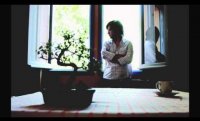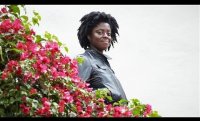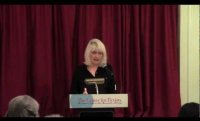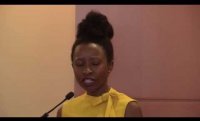American Pastoral
Based on Philip Roth's 1997 Pulitzer Prize–winning novel, American Pastoral, this film adaptation stars Jennifer Connelly and Ewan McGregor, making his directorial debut. With a screenplay by John Romano, the film revolves around a family caught up in the social and political milieu of the 1960s.










